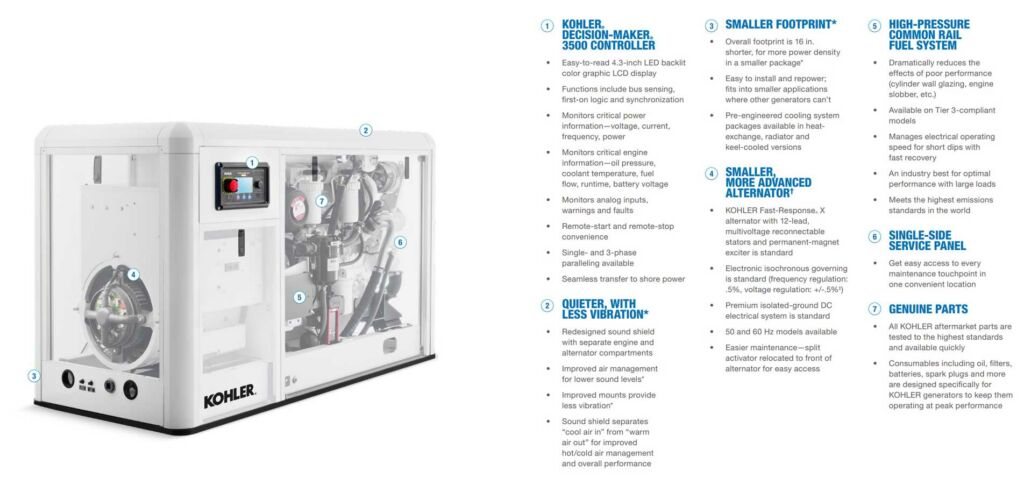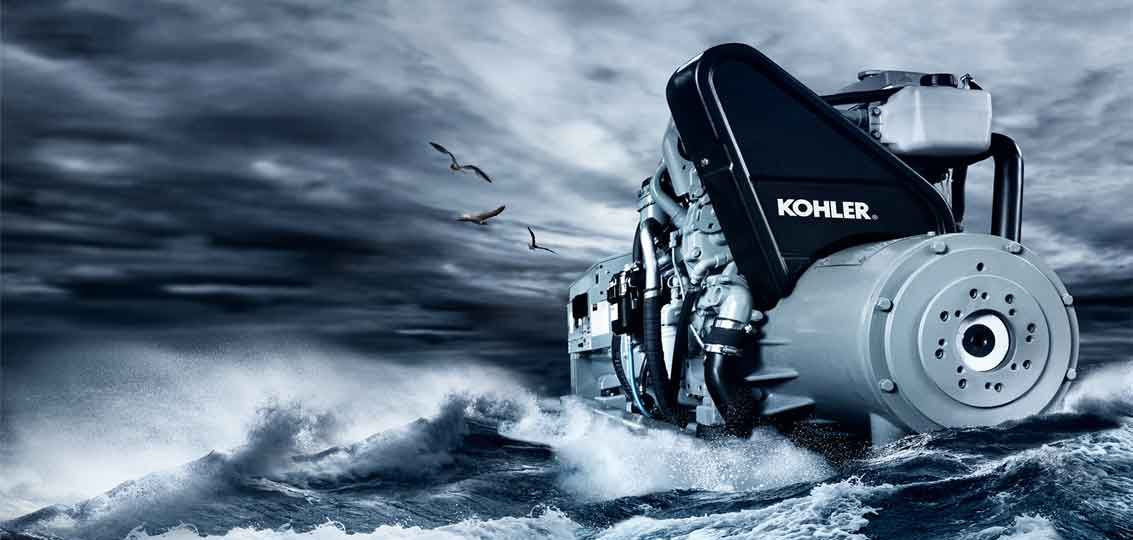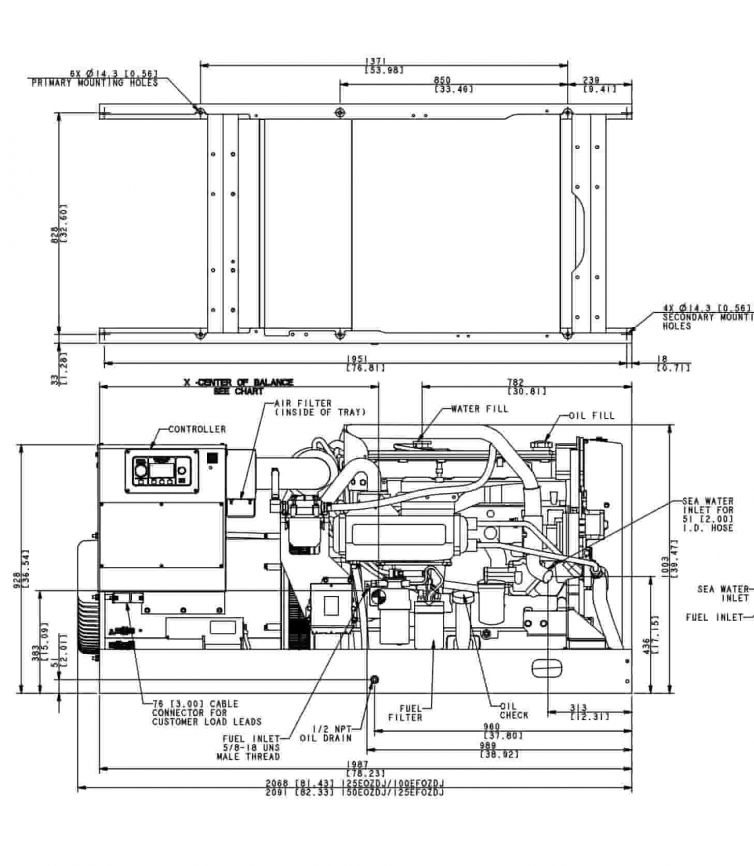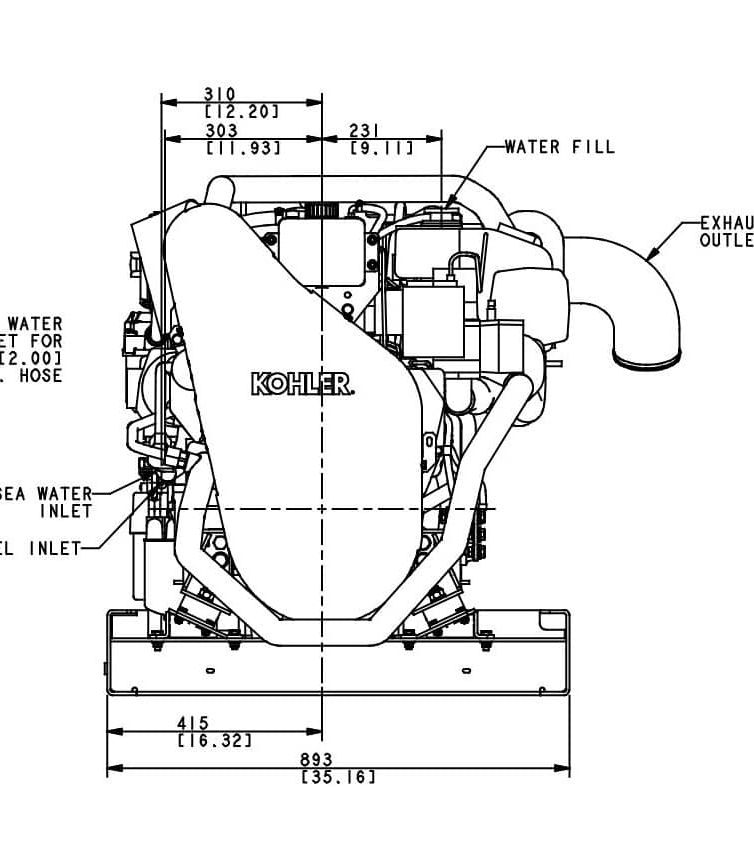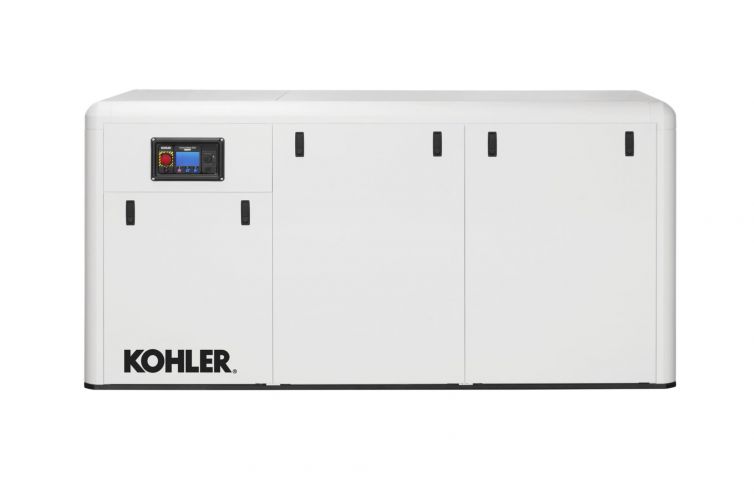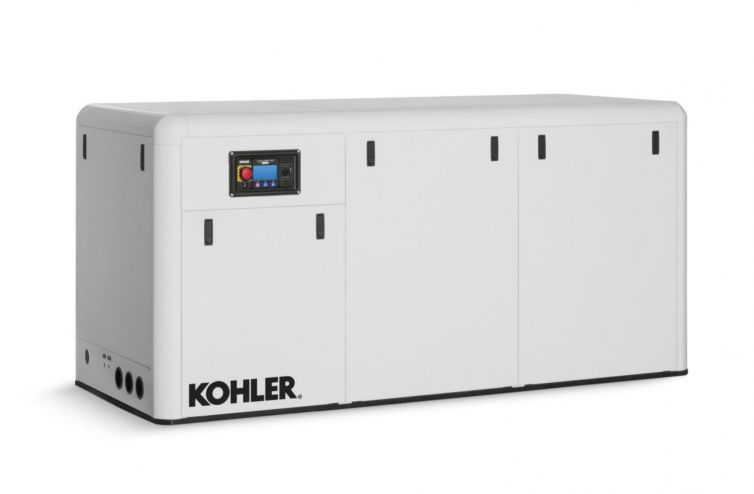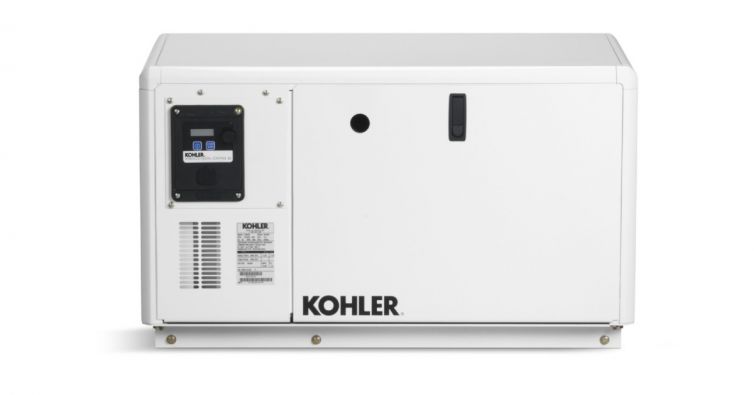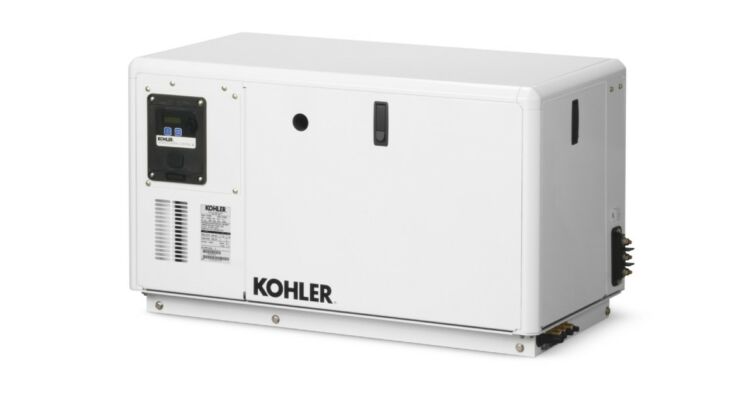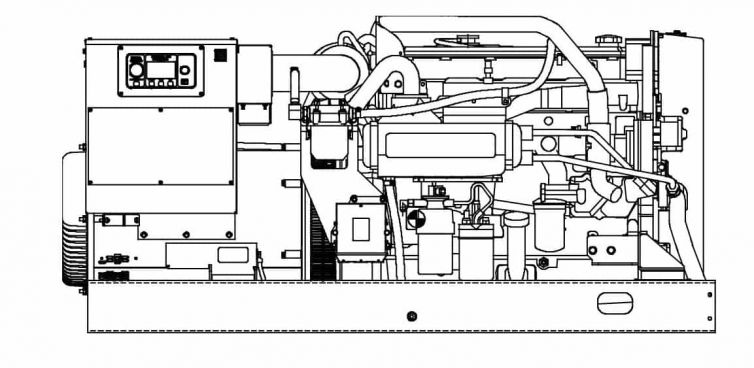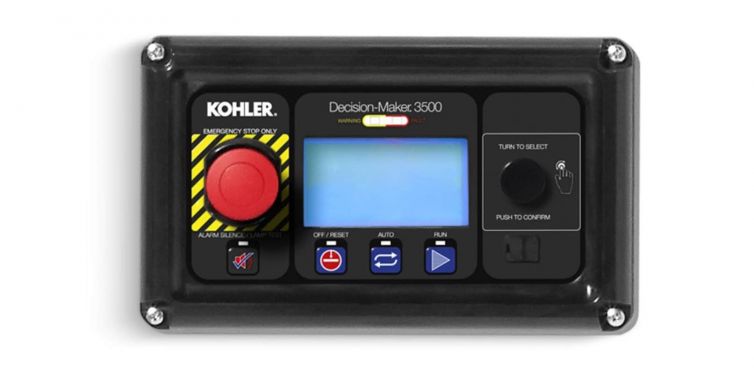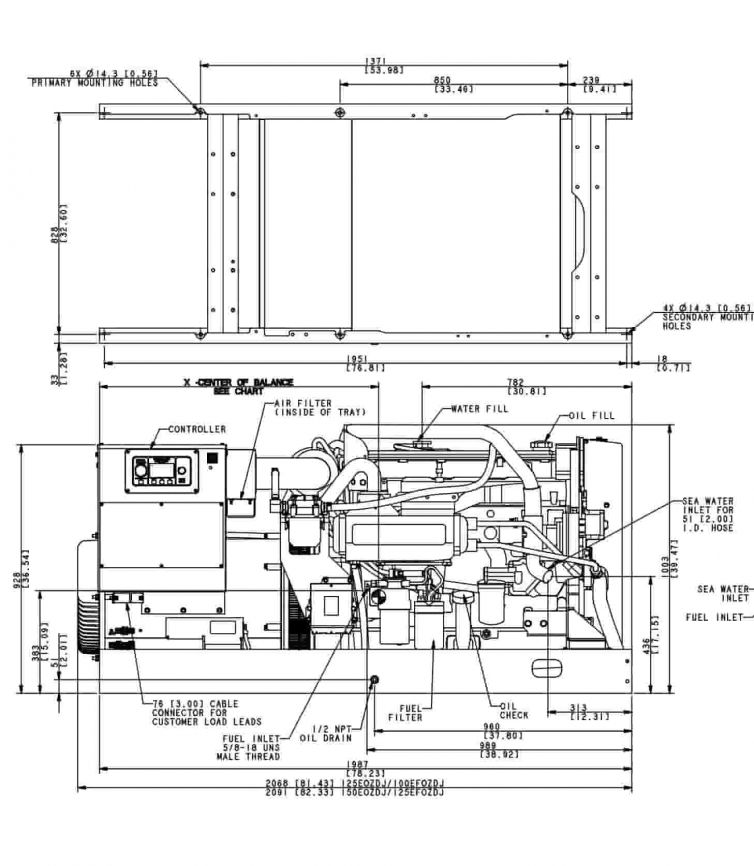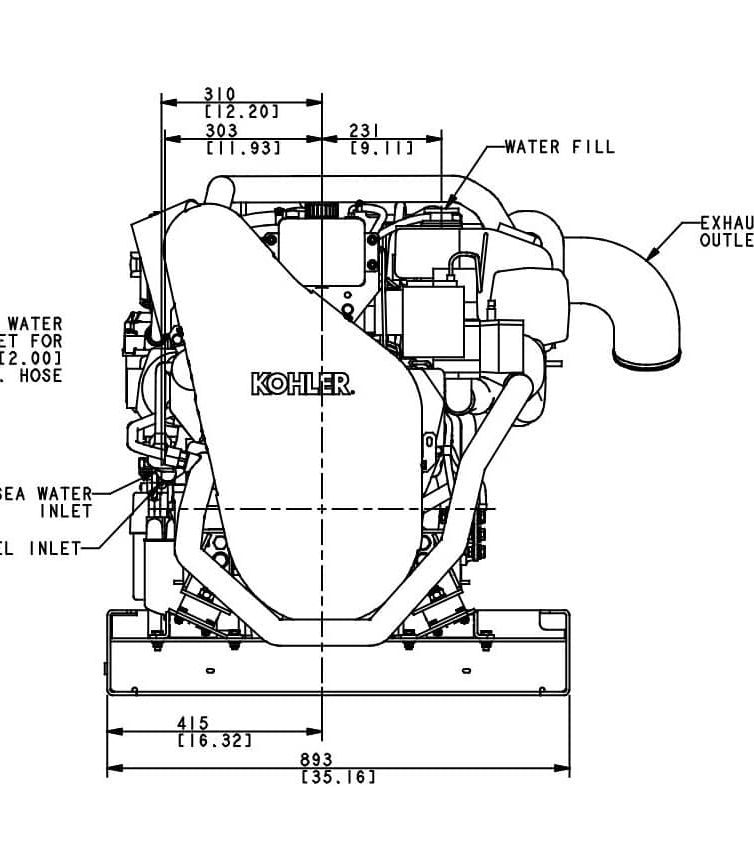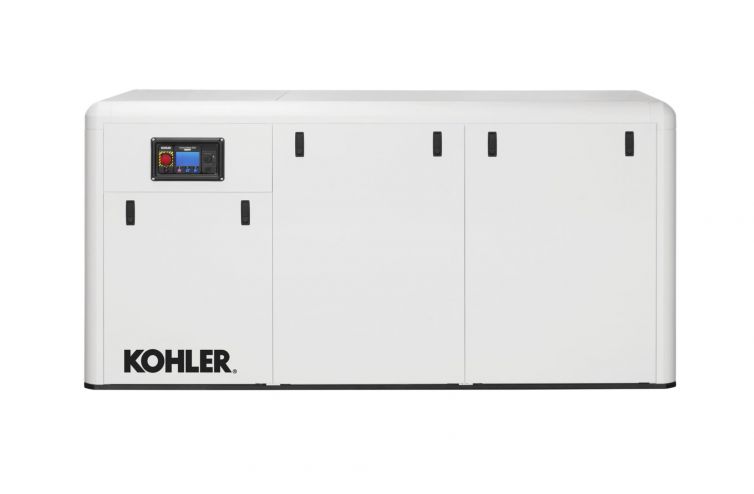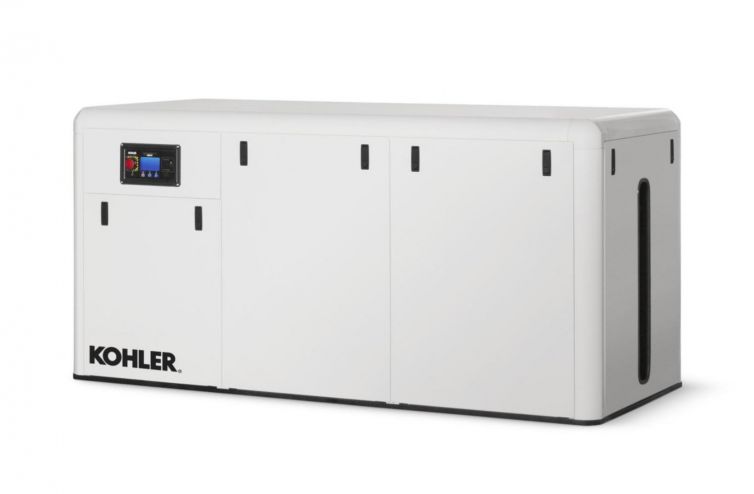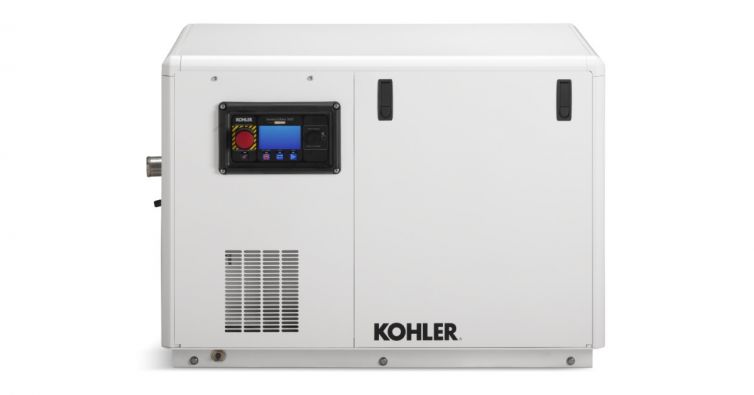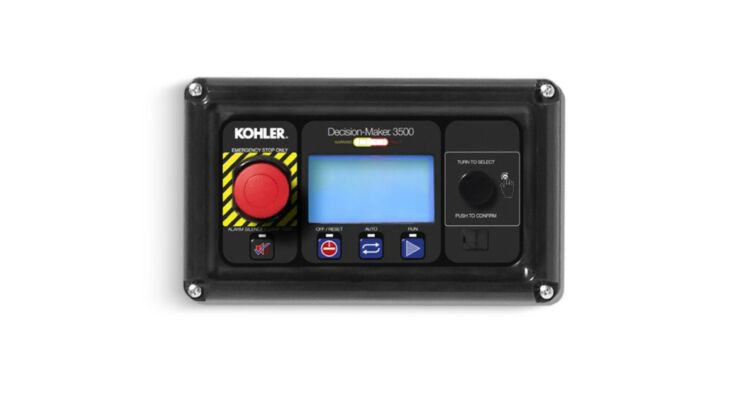Are marine generators different from the generators used for industrial purposes, commerce or for home? What makes them different? Why are they in fact different? These are all common questions that we receive from our customers, especially new boat owners, who just bought a boat and want to equip it with a power generator to increases their comfort and their autonomy at sea.
In this article we will delve into this topic by analyzing why a marine generator is a unique piece of engineering that is different from its terrestrial counterparts.
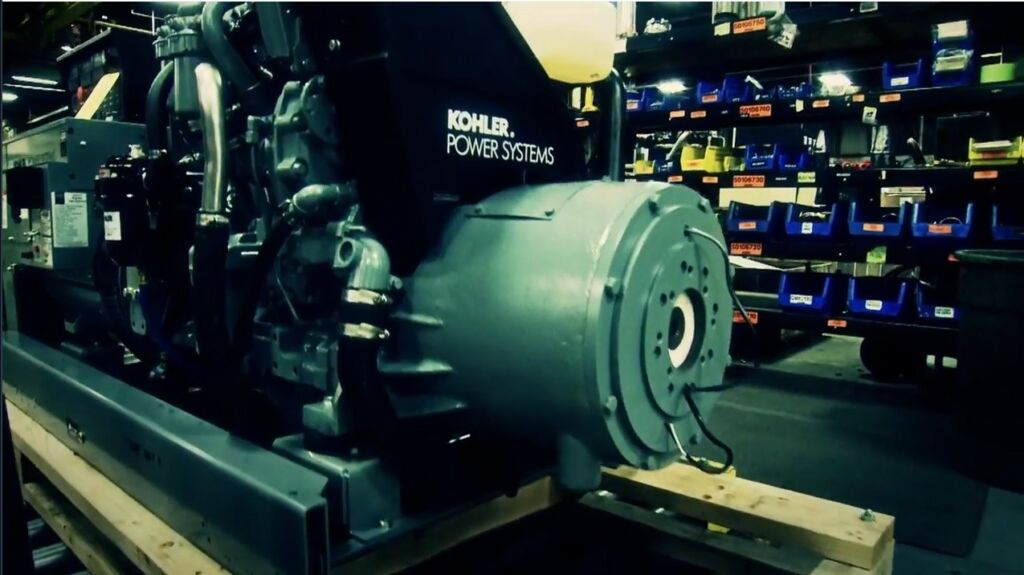
A large percentage of recreational boats over 28 feet (8.53 meters) in length, as well as work boats of all sizes, carry marine generators to provide electrical power to various boat systems and accessories.
Whether you’re cruising in a commercial vessel or leisurely enjoying the waters in your recreational boat, marine generators can be the difference between getting home safely or being lost at sea. Having a power failure could result in the loss of control of your valuable navigation equipment.
A marine generator is useful in circumstances where the main engines are off or shore power is not available, ie the vessel is anchored at sea. This alternative power source saves battery power and uses considerably less fuel than main engines, so they are extremely useful.
The typical marine generator, like all mobile generators, burns diesel fuel or gasoline. Therefore, a diesel-powered boat will normally carry a diesel generator, a gasoline-powered boat a gasoline generator. The power generator on a boat will usually be connected to the boat’s engine fuel line, so you don’t need a separate fuel tank that takes up a lot of space.
Marine generators are distinctly different from residential or industrial generators because they are built to resist corrosion and other moisture issues associated with being out at sea. Additionally, marine generators are designed to be as compact as possible to allow for maximum space within the vessel. The vast majority of marine generators does not require a self-contained cooling system, but are cooled by hydraulic pumps that constantly circulate seawater through the generator core. Therefore, a marine generator will take up less space in the generally tight engine spaces of the typical recreational or work boat.
Not just any generator will work in the ocean, conditions are often harsh and can damage the conventional generator. Generators built for land, while durable, are simply not made for that type of environment.
The use of a marine generator makes yet another difference.
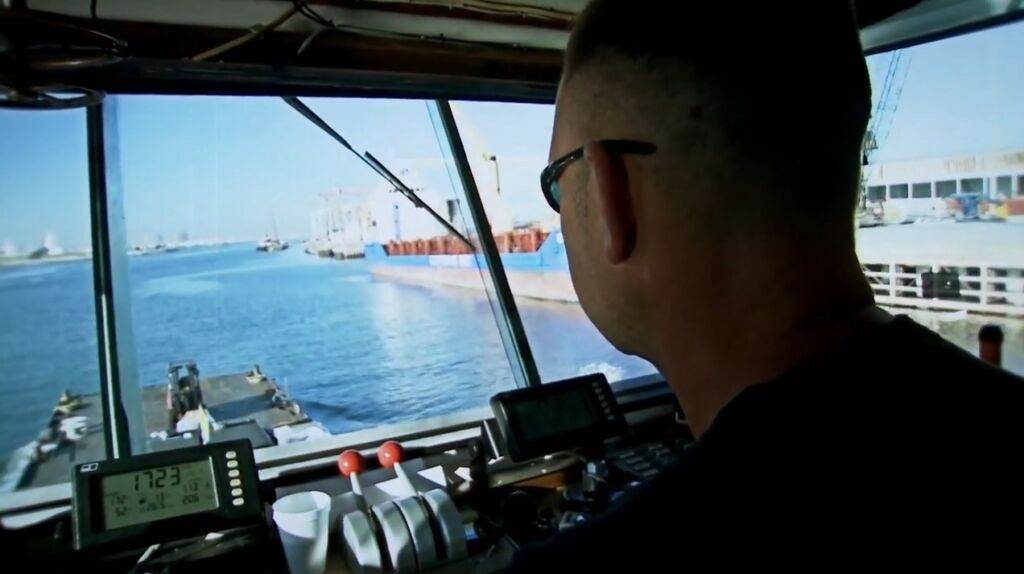
Many different industries may need to use these types of generators.
Fishing is a huge industry that requires marine generators. Often out at sea for months at a time, these workers would not be able to stay out at seas for that long, was it not for marine generators. Typical generators cannot be used at sea due to the aqueous environment. Although part of the energy can come from the batteries of a ship or boat, it is not enough to cover the full needs necessary to meet basic needs. Even small boats with a one-man crew may need a generator to power appliances and other contemporary equipment used on boats.
Another big industry that uses these generators is the oil and gas industry. Offshore drilling is standard and these machines need a lot of power. Marine generators are typically used to power machinery. These stations are also miniature cities, housing tons of employees that are required to operate the platform. These employees may be there for long periods of time, so their electrical needs are also met by offshore generators.
Marine biologists, scuba divers, and oceanographers can live on ships for long periods of time. Marine generators are useful because they allow these people to live and work while keeping their lives as comfortable as possible.
For anyone who needs power while living on the ocean, marine and offshore generators are a must. Built to withstand any weather and rushing water, these machines are crucial to life at sea. Without these generators, modern life would not be possible on the water and specific industries would cease to exist without a power source.
Other differences that make marine generators unique.
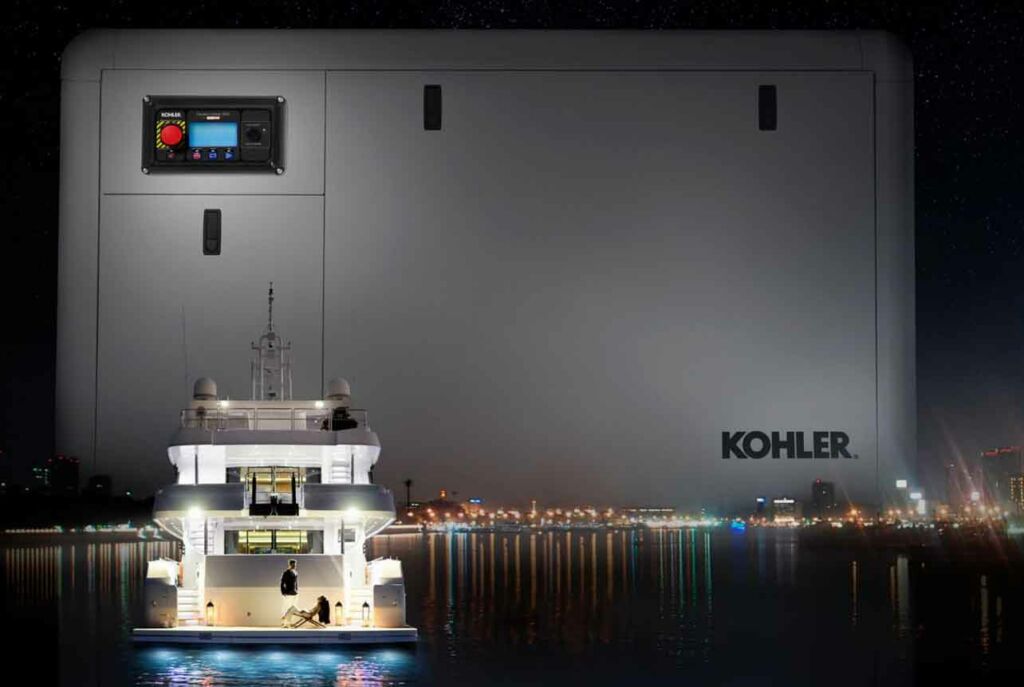
- Designed and built to have lower maintenance costs than conventional generators.
- Lower cost per kilowatt compared to conventional generators.
- With improved noise reduction.
- They are safer in operation due to the absence of sparks.
- Longer lifespan due to lower combustion temperatures.
Available ex factory. (Call to confirm)
SKU: 100EFOZCJ-CP1-3PH_400
Available ex factory. (Call to confirm)
SKU: 100EFOZDJ-CP1-3PH_400
In stock
SKU: 11EKOZD-CP1
Available ex factory. (Call to confirm)
SKU: 125EFOZCJ-CP1-3PH_400
Available ex factory. (Call to confirm)
SKU: 125E0ZCJ-CP1-3PH_208
Available ex factory. (Call to confirm)
SKU: 125EFOZDJ-CP1-3PH_400
Available ex factory. (Call to confirm)
SKU: 125EOZDJ-CP1-3PH_208
For delivery in 58 weeks after placing the order
SKU: 12EFKOZD-CP1
Looking inside a Kohler marine generator
Let’s look inside a Kohler marine generator to see how a quality marine generator is prepared for the harsh environment of the sea.
